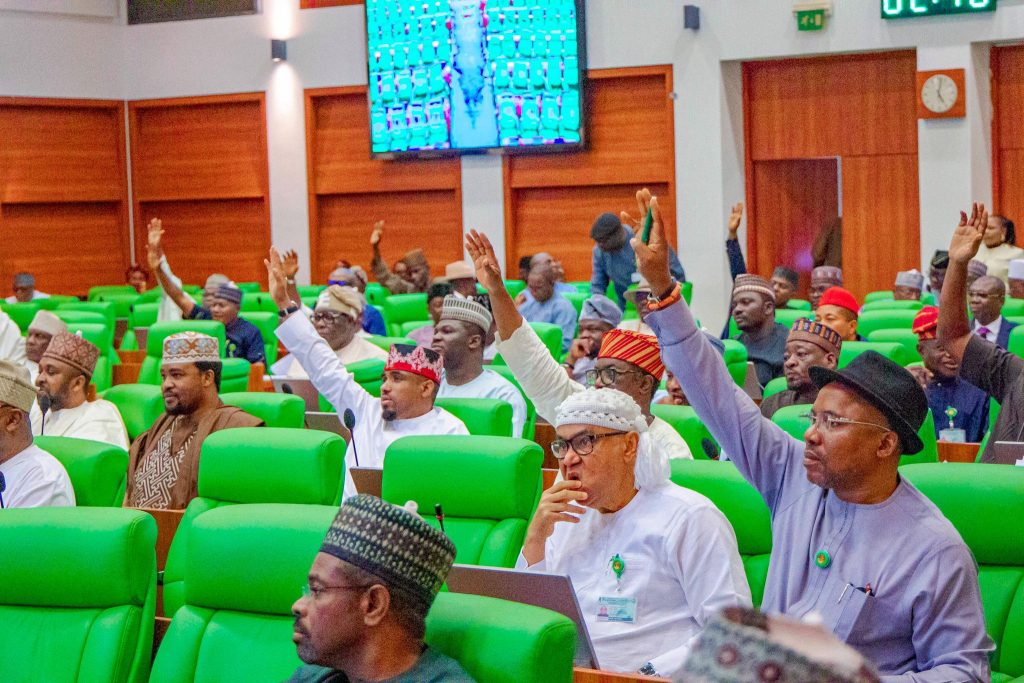In a groundbreaking initiative, the Motor Spares Collective is revolutionizing the way small township businesses in South Africa operate. By providing independent mechanics with easy access to spare parts, business support, and development, this innovative collective aims to drive growth and create jobs in areas where unemployment and poverty are rampant.
Themba Maseko, an independent mechanic from Tsakane township, is one of the beneficiaries of this initiative. His small repair shop, located about 50 kilometers east of Johannesburg, has seen a significant improvement in operations thanks to the collective. For a monthly fee of $10, Maseko can now place online orders for spare parts, which are delivered within 24 hours. This has saved him a significant amount of time, which he would otherwise spend queuing for parts.
“The Collective has made my job much easier,” Maseko says. “I can make a call, and they’ll look for the spares I need and deliver them to me. I don’t have to waste time standing in queues anymore.”
The Motor Spares Collective has also leveled the playing field for independent mechanics, allowing them to compete with larger service centers. South Africa’s right to repair laws permit car owners to use independent mechanics without voiding their warranty. However, the lack of access to spare parts had put these mechanics at a disadvantage. The collective’s buying power has changed this, enabling them to offer competitive services to their customers.
Sharief Bartus, a mechanic and board member of the collective, emphasizes the importance of time for local mechanics. “Time is money,” he says. “We used to lose three to four hours at a spares shop, where we could have been working on cars. Now, we can be productive and focus on our customers.”
The collective offers more than just spare parts. It provides skills development, business registration, and financing assistance to its members. Plans are also underway to expand its services to include life insurance and other social safety nets. Amanda Gcabashe, managing director of UBU Investment Holdings, which helped set up the collective, explains that this approach has opened up new opportunities for the community.
“We’ve spoken to mechanics, and everyone needs to buy spare parts,” Gcabashe says. “We’re flipping this around, making them beneficiaries of their own consumption. With a significant number of members, we can negotiate with insurance companies to offer products that were previously unavailable to this community.”
The informal business sector in South Africa generates an estimated $33 billion in revenue, accounting for more than 6 percent of the country’s GDP. With over 700,000 registered small businesses, including hair salons, taverns, car repair shops, and laundromats, the potential for growth and job creation is vast. The Motor Spares Collective is a shining example of how innovative initiatives can drive economic development and improve the lives of people in these communities.
As Gcabashe notes, the collective’s approach can have a profound impact on the community. “In our communities, if someone skilled with their hands passes away, their family often moves into poverty due to lack of life cover. We’re changing this by offering products that cater to their needs.” The Motor Spares Collective is a beacon of hope for small township businesses in South Africa, providing them with the tools and support they need to thrive and create a better future for themselves and their families.



